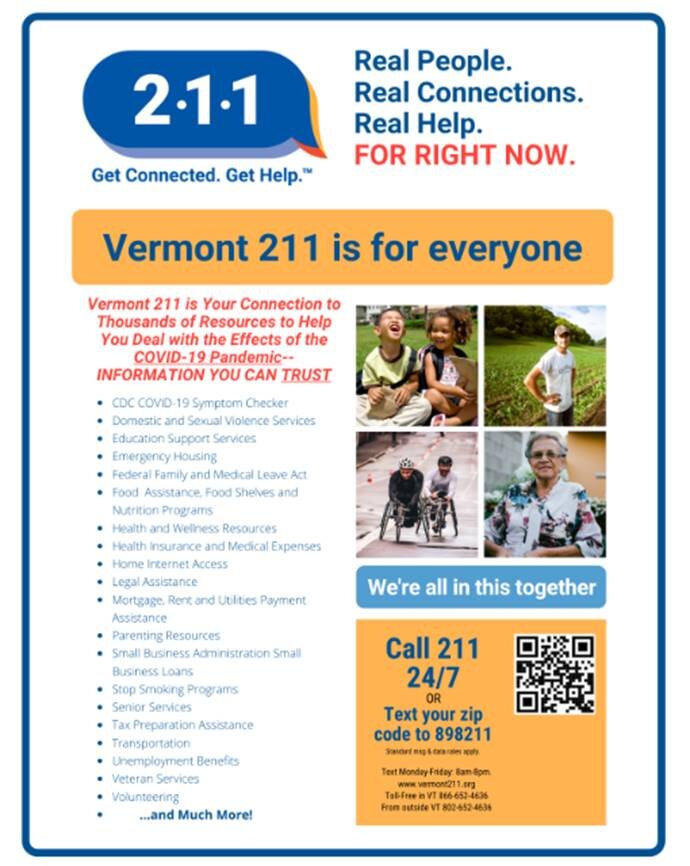Did you know that about 1 in 3 adults serves as an informal caregiver to another adult, like an aging parent or disabled relative? Here are some other noteworthy facts from Caregiver.org about family caregivers:
• About 43.5 million people offer unpaid caregiving in the US
• About 15.7 million caregivers are helping someone with a memory illness
• About 75% of caregivers are females
• About 57% of caregivers perform clinical tasks
• The average caregiver is 49 years old
• Family caregivers spend 24.4 hours caregiving a week on average
• 40% of caregivers are in high-burden situations
Do you fit into these statistics? You balance your workday with check-ins on your elder Mom or Dad who live nearby, or you stop in every Saturday to help your neighbor manage his medications. There may be wounds on a loved one that need dressing, lawns that need mowing, and meals that require preparation. Although many family caregivers find the opportunity to care for a loved one a privilege, it can also be demanding. Over time, financial difficulties, limited personal free time, and lack of other caregiving options for a loved one can lead to caregiver burnout. Here are some tips on how to cope effectively:
-Ask for and accept help because even if only temporary, there may be others in your care circle willing to assist with tasks.
-Set realistic goals by considering saying “no” to extra requests and demands.
- Connect with others through support groups or friends who listen and understand.
-Make yourself a priority by ensuring you get enough sleep, exercise, and self-care. Don’t take short cuts on your health and wellness needs.
This article was written through our partnership with Clear Care.






















